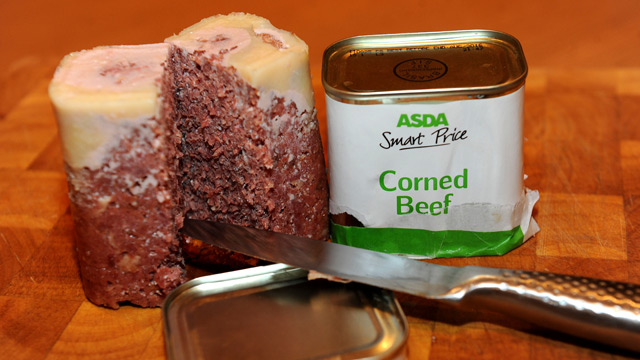 |
| Of course you know where this story is from. But its also being advertised in stories in glossy magazines and other newspapers too. |
Green coffee beans are normal, every day coffee beans before they have been roasted. The roasting process decreases the amounts of chlorogenic acid contained in the products. Chlorogenic acid is thought to moderate effects of glucose metabolism and inhibit fat accumulation- sounds brilliant, right? Well, before I go off, burger in hand, to eat lots of cake safe in the knowledge that I'll be shopping in the size 8 section in no time thanks to green coffee, lets have a look at the evidence.
 |
| Coffee beans. Just more green than usual ones. |
First things first: does it work? The short answer is it might do, a little bit, but we don't really know yet. There are a couple of little trials here and there, but they're limited by their size and trial design, so the results could just be fluke. There's one systematic review, which found that overall the data from the better quality trials suggested that green coffee extract could lead to modest weight loss differences (about 2.47kg (95% CI -4.23 to -0.072kg) over about 12 weeks. That's hardly enough to transform my size 16 lumpen frame into a lithe size 8 overnight, or indeed over a year, despite what all the before and after pictures on the manufacturer's websites say.
And what of its safety? Well, in short we have no idea. I've done loads of research into this and have been unable to find any good, reliable information on its safety. Green coffee contains a similar amount of caffeine as normal coffee beans, so we can assume that all of the nasty side effects from drinking too much coffee could also happen with a green coffee extract. Palpitations, anxiety, insomnia, diarrhoea, and heart problems may result, and even anaphylaxis in the worst cases. Some products claim to be decaffeinated, but as none of these products are regulated, there is no guarantee.
There is nothing out there on the safety of chlorogenic acid. It seems to have been used in chinese medicine injections, and seemed to be thought to cause allergies. However it seems that there is some debate about this. One study in dogs seems to suggest that it could have an effect on the liver and kidneys, but whether it could damage human kidneys or livers is unknown.
So there we have it. We basically know very little about green coffee extracts, despite what the websites that are selling it will tell you. It might work a bit, but its certainly not a miracle cure, and we don't really know whether or not its safe yet. It may well be safe, but we just can't say for certain yet. Instead of waiting until more evidence is known, however, it seems that manufacturers are gleefully happy to sell it far and wide.
What's particularly uncomfortable is that the sellers of green coffee extracts are taking the more and more common approach of marketing their products. Google "Green coffee extract safety" and instead of finding reliable sites or those actually looking at the safety of the product, the search is flooded with marketing sites masquerading as genuine safety sites. This sort of marketing feels really icky, and I don't like it at all.
Its yet another opportunity for unscrupulous people to make money from our insecurities. I'm overweight myself, and I know that I have to struggle against the urge to throw my skepticism to the wind and throw money at anything that claims it will help. The simple fact is that there wont be a miracle cure, and losing weight takes time, effort, patience and willpower, not to mention the fact that the desperation to be unhealthily skinny is dangerous in itself.
Hxxx







